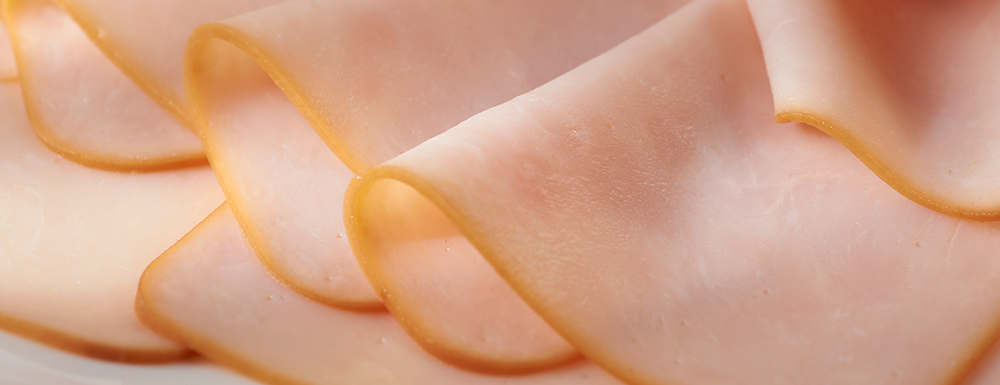Sant Dalmai, SAU has led a project about the optimisation of nitrifiers in which the companies "Esteban Espuña SA" and "Joaquim Albertí SA" have also participated together with scientists from IRTA (Institute of Agri-Food Research and Technology) and the UAB (Autonomous University of Barcelona).
The food industry of the 21st century has the duty to provide safe food, the requirement to be sustainable, and the right to defend the use of essential processes and ingredients.
The reduction of the number of additives that are used in food products is one of the biggest trends in the industry and the market is pressuring public administrations to restrict allowed uses.
The current technology and improved process controls nowadays allow a simplification of recipes, but the evaluation of the use of additives should be done case by case and taking into account all benefits and risks. The approval of written regulations without too much scientist rigour should be avoided, as it is necessary to always preserve people's health and the sustainability of their environment. To achieve it, it is essential for companies and independent technology centres to collaborate, approaching the research from a theoretical and practical point of view at the same time. The outcome will be based on trusted data, representative of the reality, which will allow correct decisions to be taken when correctly shared with the administrations.
The European Commission has launched a review of the use of nitrites and nitrates with the aim of reducing authorised doses without compromising food safety. Some EU countries already apply more restrictive regulations than those currently applicable to Spain, but they either have colder climates than ours or trade with goods with shorter shelf lives.

At Sant Dalmai SAU we anticipated this review, and in 2017 we asked ourselves questions that the literature did not know how to answer:
What are the residual doses of nitrites and nitrates in cooked meat products? Only by knowing this data can we estimate the risk posed by the consumption of nitrified meat products, as this is what we consume when we eat.
"Innovative solutions to reduce the use of nitrifiers in cooked meat products while maintaining food safety and organoleptic quality." Project funded through operation 16.01.01 (cooperation for innovation) of the RDP of Catalonia 2014-2020.


Download data sheet or article pdf